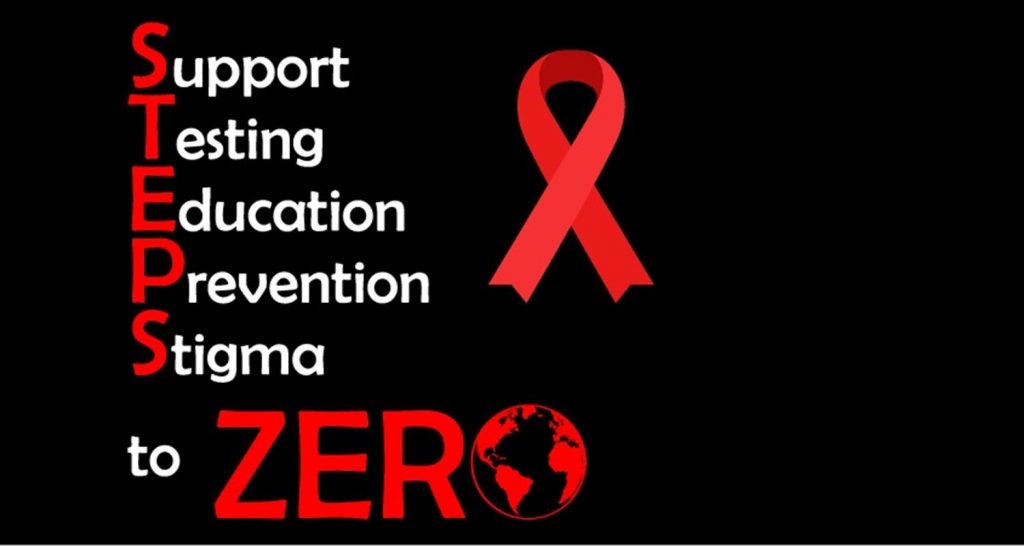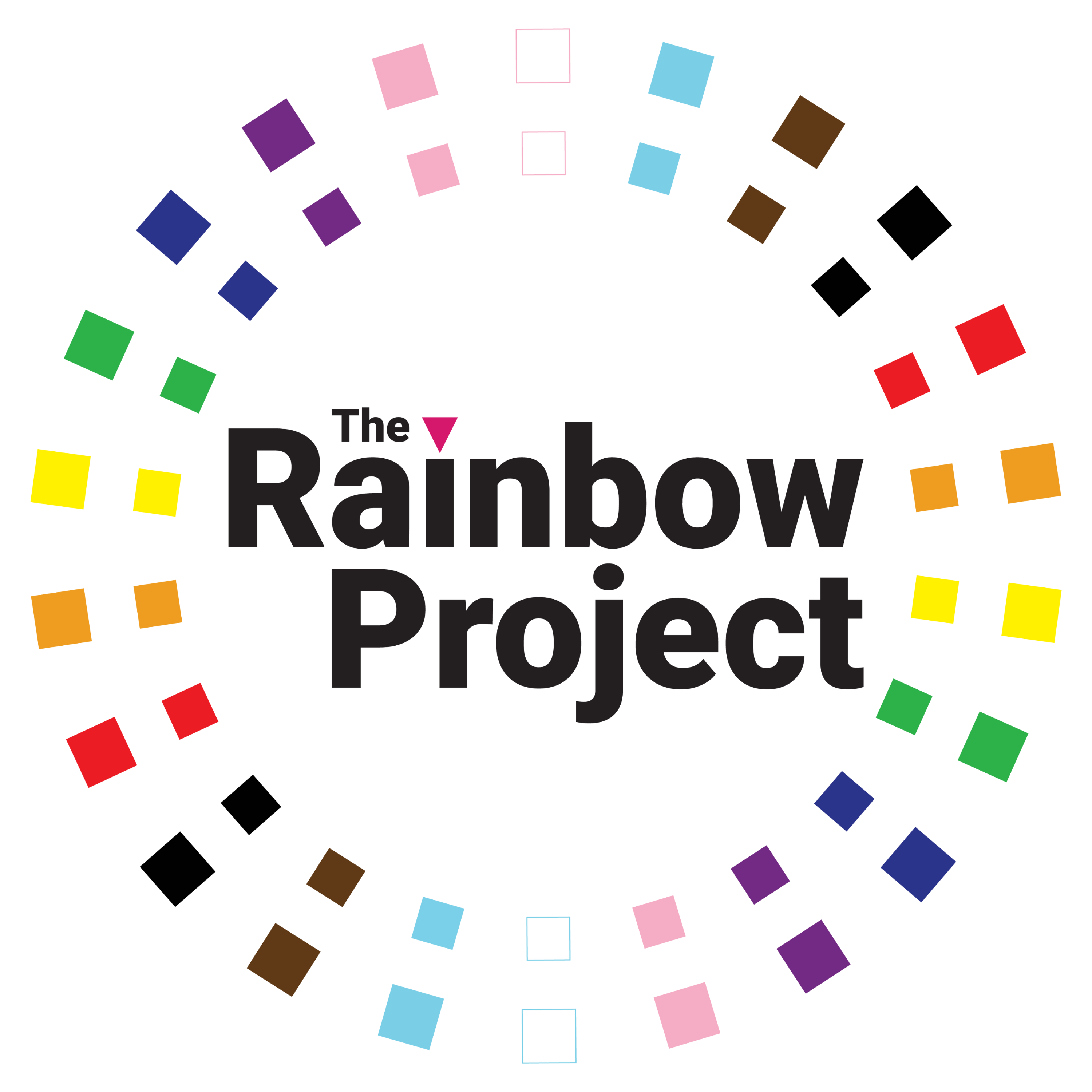
Steps to Zero
The STEPS to ZERO campaign aims in the next 10 years to reduce the number of new HIV diagnoses to zero. This challenge does not only require the support of government, statutory agencies and the community and voluntary sector – we each have a responsibility to educate ourselves about sexual health so that we can make informed decisions about the sex we choose to have. There are five key aspects to the STEPS to ZERO campaign.
Since the 1980’s, HIV has been one of the major public health issues disproportionately impacting on the health and wellbeing of gay and bisexual men and other at risk groups across our society. In 2016 we understand HIV greater than ever before and those living with HIV today will experience a better service and quality of life than ever before. HIV is no longer the life ending illness it once was but much more must be done to prevent the further spread of HIV, to ensure those living with HIV have access to the care and support they need and to address the on-going stigma experienced by those living with HIV.
The Rainbow Project’s STEPS to ZERO campaign calls on government and public health organisations to commit themselves to working towards zero HIV transmissions – this must be our goal. In 2015 there were 103 new first-UK cases of HIV diagnosed in Northern Ireland. 56% of these diagnoses were among Men who have Sex with Men (MSM). In the 10 years since 2005, Northern Ireland has seen an 81% increase in new cases of HIV.
The STEPS to ZERO campaign aims in the next 10 years to reduce the number of new HIV diagnoses to zero. This challenge does not only require the support of government, statutory agencies and the community and voluntary sector – we each have a responsibility to educate ourselves about sexual health so that we can make informed decisions about the sex we choose to have. There are five key aspects to the STEPS to ZERO campaign.
Support
- Support for individuals living with HIV– We must ensure that adequate support is provided to those living with HIV and those most at risk of contracting infection.
- Support for serodiscordant couples– There are unique challenges faced by couples where one partner is positive and the other negative. Support services for people living with HIV must take a holistic approach to best meet the needs of their service users and their partners.
Campaign pledge:
To campaign for a review of the services provided to those living with HIV and the development of a strategy to increase support for those living with HIV.
Testing
- Access to HIV testing– We must ensure that sexual health testing is accessible to those who are most at risk of HIV and those who fear they may have exposed themselves to HIV. 1 in 5 people living with HIV don’t know they are living with HIV.
- Encourage regular testing– Getting an STI screen is an important part of managing our sexual and physical health. STI screens should be no more inaccessible or stigmatising than going for a check-up with your dentist and there should be appropriate investment in testing services. We must ensure that testing is accessible and that those most at risk of contracting HIV are tested at regular intervals through accessible services.
- Knowing your status– Knowing your HIV status allows people to make informed decisions about the sex they may choose to have and ensures if they are living with HIV, they can access the care and support they need to manage their health.
Campaign pledge:
To campaign for a HIV testing strategy which targets those most at risk of HIV infection. To campaign for investment in sexual health services to make them accessible and fit for purpose.
Education
- RSE education in schools– We must ensure that RSE education in schools is fit for purpose. The most effective way to prevent transmission of STIs is through educating young people about risk taking behaviour and managing their sexual health.
- Public information campaigns – The public information campaigns of the 1980’s severely increased the stigma surrounding those living with HIV and those communities most at risk. We must develop evidence led and evidence based campaigns and promote regular screening to those most at risk of contracting HIV.
- World AIDS Day – World AIDS Day must become a key day in our civil calendar to promote awareness, understanding, education and addressing the stigma surrounding HIV.
Campaign pledge:
To campaign for a mandatory minimum standard of sexual health education in schools which includes HIV and those most at risk of infection.
To campaign for an annual public health evidence led campaign aimed at educating people about HIV and addressing stigma.
To campaign for recognition of World AIDS Day as a national day of action around HIV and stigma.
Prevention
- Treatment as Prevention (TasP)– There should be greater public education around the ease of managing HIV and how quickly someone can attain an undetectable viral load, making them non-infectious. Accessible testing gets positive people diagnosed faster, onto treatment faster and rendered non-infectious faster.
- Safer sex promotion– Government should develop public education campaigns promoting safer sex with specific targeted campaigns for MSM with relevant safer sex information for this at-risk group.
- PrEP – Government should immediately take measures to prepare for the availability of PrEP via the NHS. PrEP should be available for all at-risk groups and a targeted public awareness campaign for MSM should be developed to educate MSM about PrEP and dispel myths.
Campaign pledge:
To campaign for a review of the services provided to those living with HIV and the development of a strategy to increase support for those living with HIV.
To campaign for a regional easy access to safer sex materials programme which ensures all sexually active people have access to such materials.
To campaign for the introduction and provision of Pre-Exposure Prophylaxis for those most at risk of contracting HIV.
Stigma
- Challenge stigma– We must challenge the stigma which impacts so heavily on the health and wellbeing of those living with HIV through education, public information campaigns and direct support to the families and communities of those living with HIV. We must address the stigma surrounding HIV. We must acknowledge that the stigma surrounding HIV is rooted in homophobia; stemming from the initial description of HIV as Gay-Related Immunodeficiency (GRID) and the fact that gay and bisexual men are disproportionately affected by HIV. There continues to be a narrative that there are the ‘good’ victims of HIV and the ‘bad’ people who are responsible for contracting HIV. HIV has been a public health crisis since the 1980’s and those most affected by HIV are communities who experience deprivation and marginalisation in many aspects of life – not least of all gay and bisexual men.
Campaign pledge:
To campaign for annual public health evidence led campaign aimed at educating people about HIV and addressing stigma.
